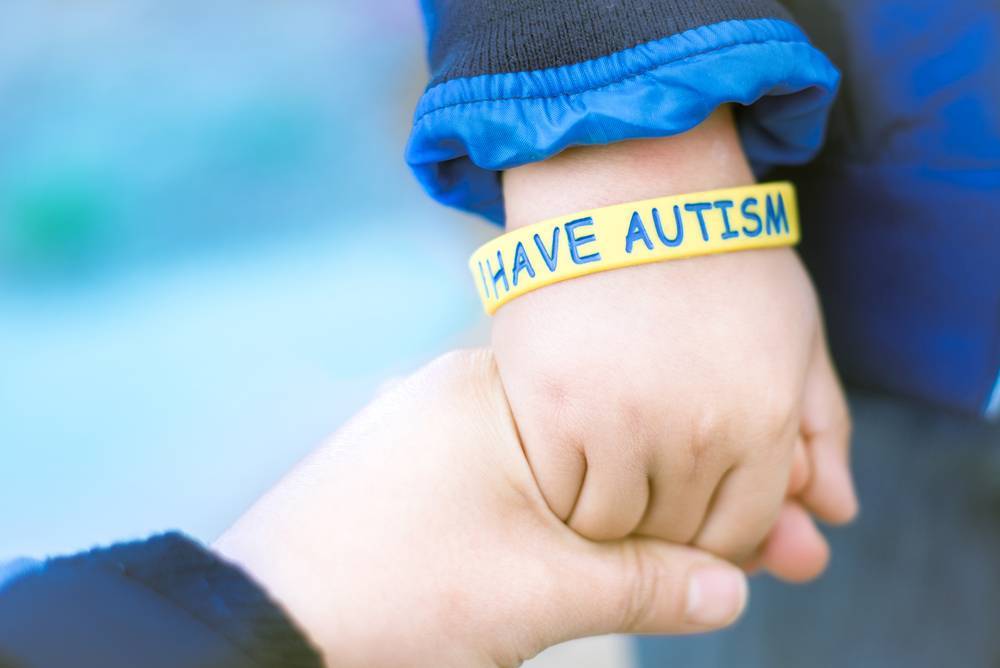A new study introduces the “Monotropism Questionnaire” as a potential diagnostic tool for autism, sparking widespread debate and interest.
Autism, a multifaceted neurodevelopmental disorder, is traditionally diagnosed through comprehensive behavioral evaluations and assessments. Typically, this involves interviews with caregivers, direct interactions with the individual, and the use of established diagnostic tools such as the Autism Diagnostic Observation Schedule (ADOS).
In June 2023, a potentially groundbreaking study introduced the “Monotropism Questionnaire” as a new diagnostic tool for autism. Since its publication, this new approach has sparked widespread debate across digital platforms, particularly going viral on TikTok.
Do you want to find out your Monotropism level? Take the Monotropism Questionnaire here.
Autism and Attention: The Monotropism Theory
Autism is a complex condition that affects individuals in unique ways, with challenges in social communication, interaction, and repetitive behaviours. It often co-occurs with Attention Deficit Hyperactivity Disorder (ADHD), and both conditions share atypical attention profiles.
The Monotropism theory offers an explanation for the role of attention in autism. According to this theory, autistic individuals have a “monotropic” mind, characterised by a limited number of intense interests that capture their attention. In contrast, non-autistic individuals have a broader range of interests and can allocate attention to multiple things simultaneously.
Although research on the Monotropism theory is limited, it provides insights into various aspects of autism. It may influence how autistic individuals learn, engage in social interactions based on shared interests, and experience well-being through “flow states.” Monotropism also aligns with difficulties in cognitive flexibility, task switching, and processing multiple stimuli simultaneously.
Exploring the Questionnaire
The questionnaire presents a range of statements that are designed to capture different aspects of the respondent’s experience, including their interests, routines, attention focus, and social interactions, among others.
Factor 1: Special Interests
This factor explores the respondent’s passionate interests and how they affect their social interactions and problem-solving behaviours.
Factor 2: Rumination and Anxiety
This factor examines the intensity of focus and its potential link to heightened anxiety, particularly in uncertain situations.
Factor 3: Need for Routines
This assesses the role routines play in providing stability and safety, and how respondents manage uncertainty by establishing routines.
Factor 4: Environmental Impact on the Attention Tunnel
This investigates the respondent’s ability to concentrate in different environments, and their reactions to sudden disruptions or interruptions.
Factor 5: Losing Track of Other Factors When Focusing on Special Interests
This factor aims to understand whether respondents lose track of time, or neglect physical needs, when deeply involved in activities they are passionate about.
Factor 6: Struggle with Decision-Making
This assesses the difficulty respondents might face when making decisions, particularly when there is a lot of information to consider.
Factor 7: Anxiety-Reducing Effect of Special Interests
This examines the soothing effects of engaging in preferred activities, and how such engagement influences the respondent’s anxiety levels and social interactions.
Factor 8: Managing Social Interactions
This assesses the respondents’ comfort level with social interactions, how they interpret and react to social stimuli, and the distress they might experience due to unexpected reactions from others.
The Results of the Study: Monotropism, Autism, and ADHD
This research explored the link between monotropism and autism, and how ADHD might affect this relationship. It involved 1,110 participants, a mix of autistic and non-autistic individuals aged between 16 and 78.
Key findings include:
- Autistic participants tended to show higher levels of monotropism than those without autism.
- ADHD can alter this relationship. Autistic individuals with ADHD had lower monotropism scores than expected, suggesting that these conditions interact in complex ways.
- The questionnaire revealed eight distinct aspects or ‘factors’ of monotropism, giving a fuller picture of this condition.
- The questionnaire also proved to be consistent and reliable when used multiple times.
The introduction of the “Monotropism Questionnaire” as a potential diagnostic tool for autism has ignited a significant discussion and engagement on digital platforms, with its insights into the role of attention and the unique characteristics of autistic individuals.
While further research is necessary to gain a comprehensive understanding of the implications of the Monotropism theory and its relationship with autism and ADHD, the questionnaire actively provides valuable insights into the experiences and behaviors of individuals with autism.
The Monotropism Questionnaire is not a definitive diagnostic tool and should not replace professional medical advice or evaluation. Consultation with healthcare providers remains essential for accurate diagnosis and appropriate treatment.
Disclaimer: The information contained in this article is intended solely for informational and educational purposes. It is not, in any circumstance, meant to be used as a substitute for professional medical advice, diagnosis, or treatment. The Monotropism Questionnaire, while a valuable tool for understanding the concept of monotropism and its potential relevance to autism, is not a definitive diagnostic tool. Always seek the advice of your physician or other qualified health provider with any questions you may have regarding a medical condition or treatment.
Reference
- T1 – Development and Validation of a Novel Self-Report Measure of Monotropism in Autistic and Non-Autistic People: The Monotropism Questionnaire DO – 10.31219/osf.io/ft73y
- Autism Spectrum Disorder. (n.d.). National Institute of Mental Health (NIMH). https://www.nimh.nih.gov/health/topics/autism-spectrum-disorders-asd

